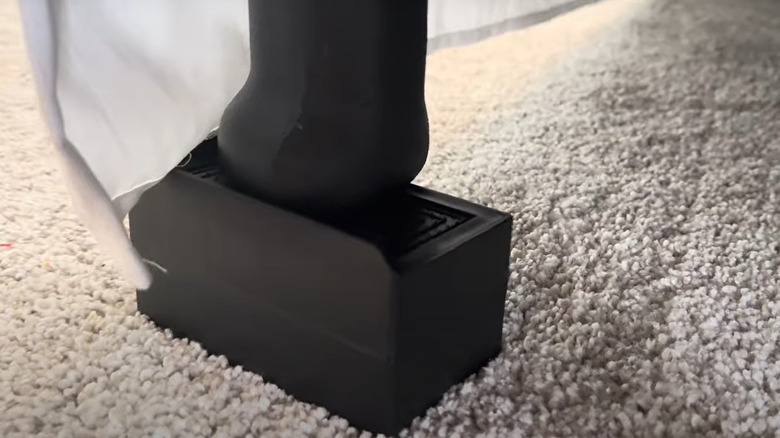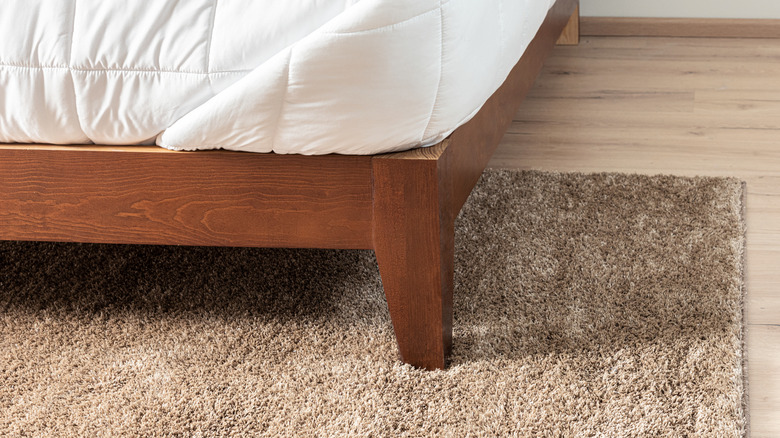Do Bed Risers Break? Understanding Weight Limits
Bed risers are a simple yet genius way to elevate your bed for extra storage or to get that just-right height for ultimate comfort. But if you've ever wondered whether they can break under pressure, you're not alone. The answer? It all depends on their design, material, and how much weight they're expected to hold. Here's a breakdown of what you need to know to keep your setup safe and sturdy.
First, let's talk basics. Bed risers are blocks—usually made of wood or plastic—that you place under your bed legs to lift the frame. This added height doesn't just make your bed taller; it also creates valuable storage space for things like boxes, suitcases, or seasonal clothing (think winter coats and bulky boots). Plus, raising your bed can make getting in and out of it easier, especially for anyone with mobility challenges. It's used in cool dorm rooms and senior homes alike. Stackable risers are sold in sets, with each piece typically adding two to four inches of height: By stacking them, you customize your bed's elevation to suit your space and storage goals. The sleeker option is adjustable screw risers. These attach directly to the ends of your bed legs, giving a polished look without the bulk of traditional blocks. Just note that you'll need to secure them with screws to keep things steady.
Whichever option you choose, the crucial aspect of bed riser safety is proper installation, and knowing the weight of your bed frame. Skipping those steps could lead to a wobbly setup — or worse, a collapse.
How much weight can bed risers withstand?
Here's what you need to know to get the most out of your bed risers without sacrificing safety. First, always check the weight capacity of the bed risers before purchasing. Most risers can handle anywhere from 1,000 pounds to 5,000 pounds, and some heavy-duty options even go up to 10,000 pounds.
Once you know these weight limits, compare this to the combined weight of your mattress and bed frame. This can vary widely depending on whether you have a minimalist bed frame or a heavier one. If you're unsure of your bed frame or mattress weight, check with the manufacturer or retailer. This info is often available online or in-store. Don't make any assumptions. Do your homework before automatically assuming it will carry your bed.
Weight limits aren't the only factor to consider. Proper installation and even flooring is also key. If you're using stackable risers, make sure they're evenly aligned and securely in place. For screw-in risers, double-check that they're tightly fastened. Stability is critical — the bed shouldn't wobble or feel unsteady. Finally, always use bed risers on even, flat flooring. Uneven floors can cause the risers to tilt, compromising stability and safety. By taking these precautions, you can enjoy the extra storage and comfort of a raised bed without any worries.

